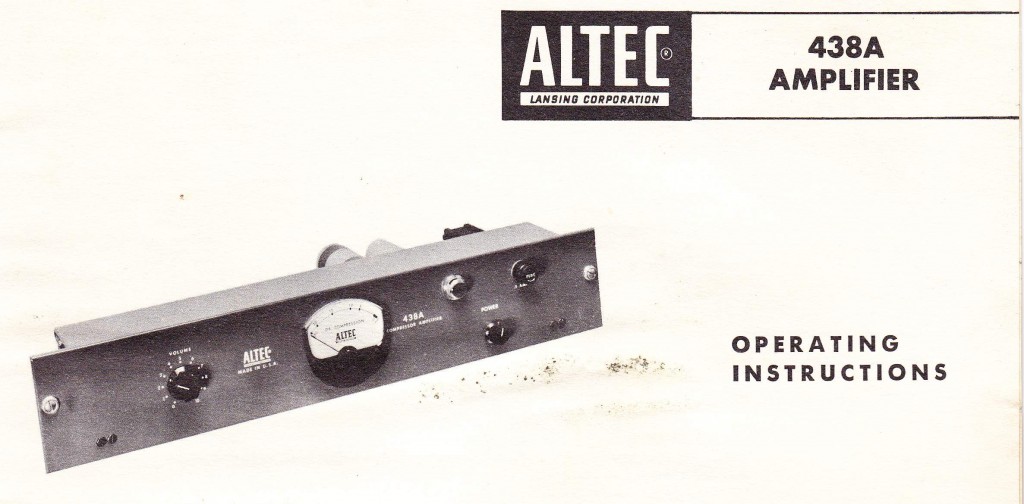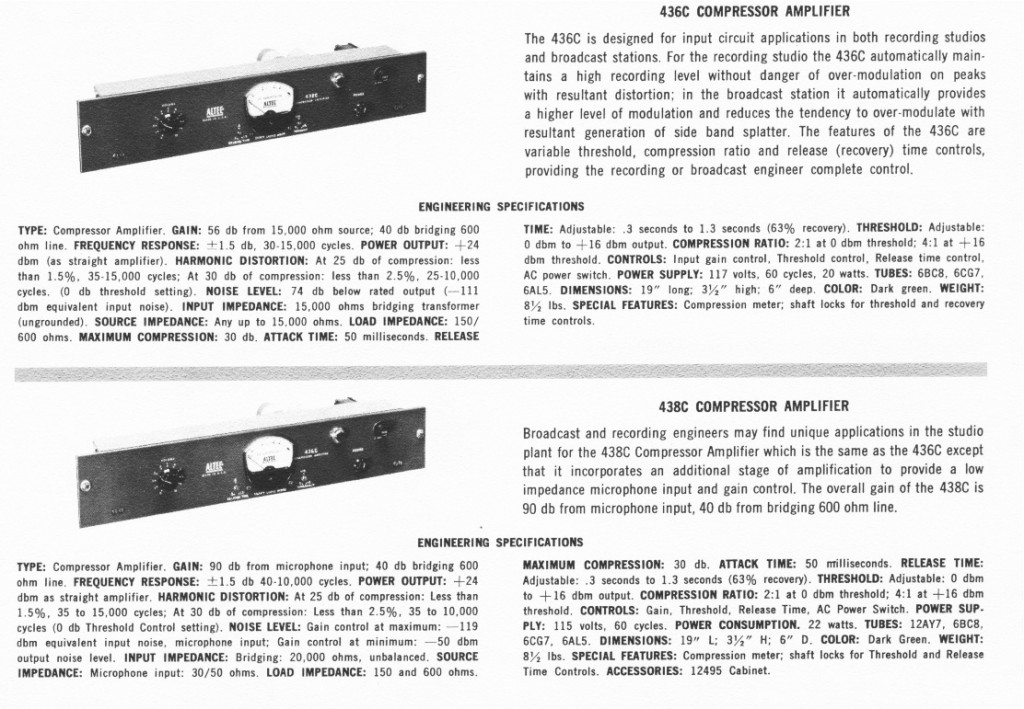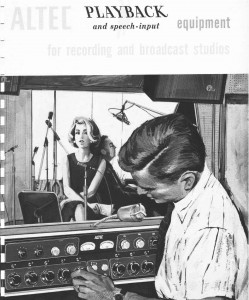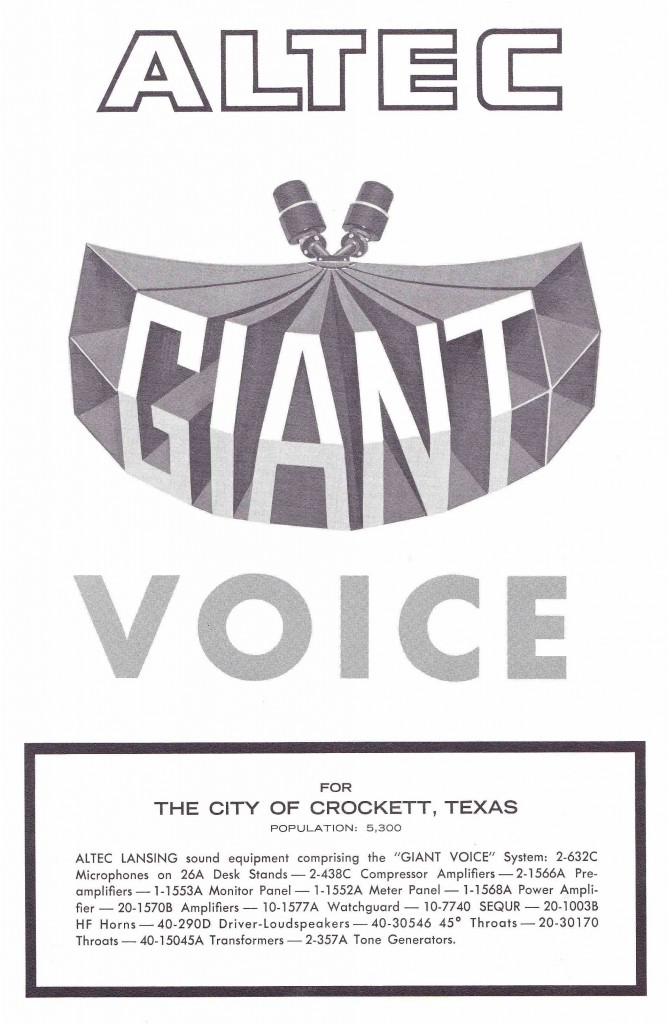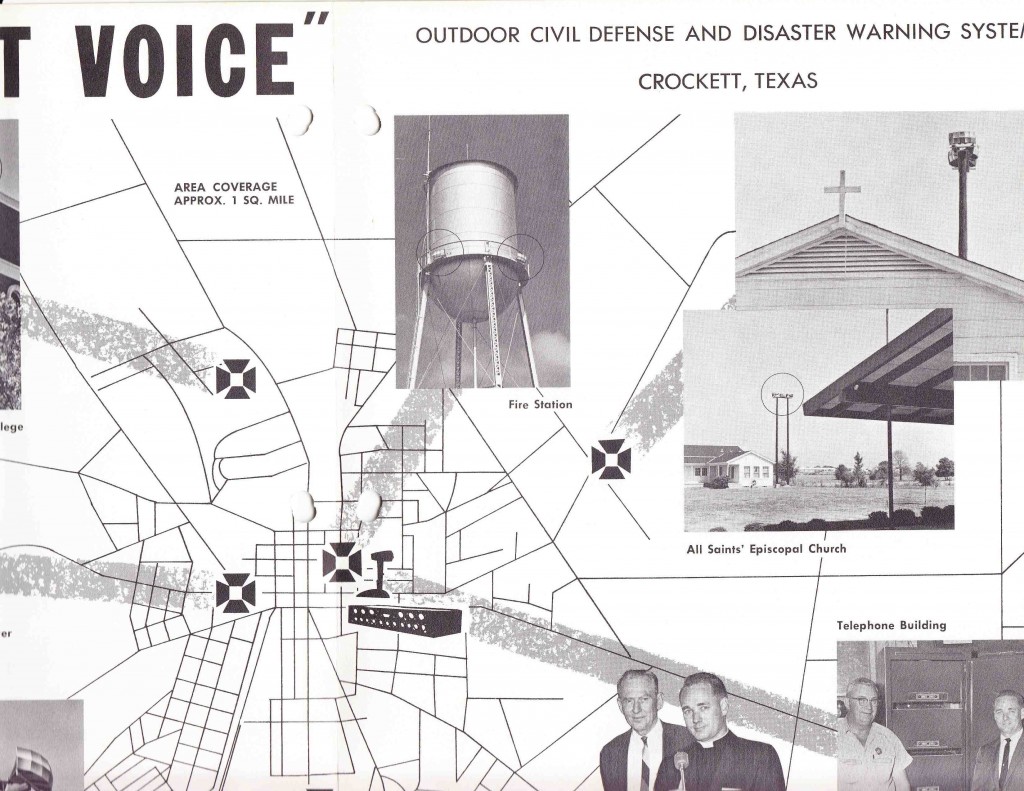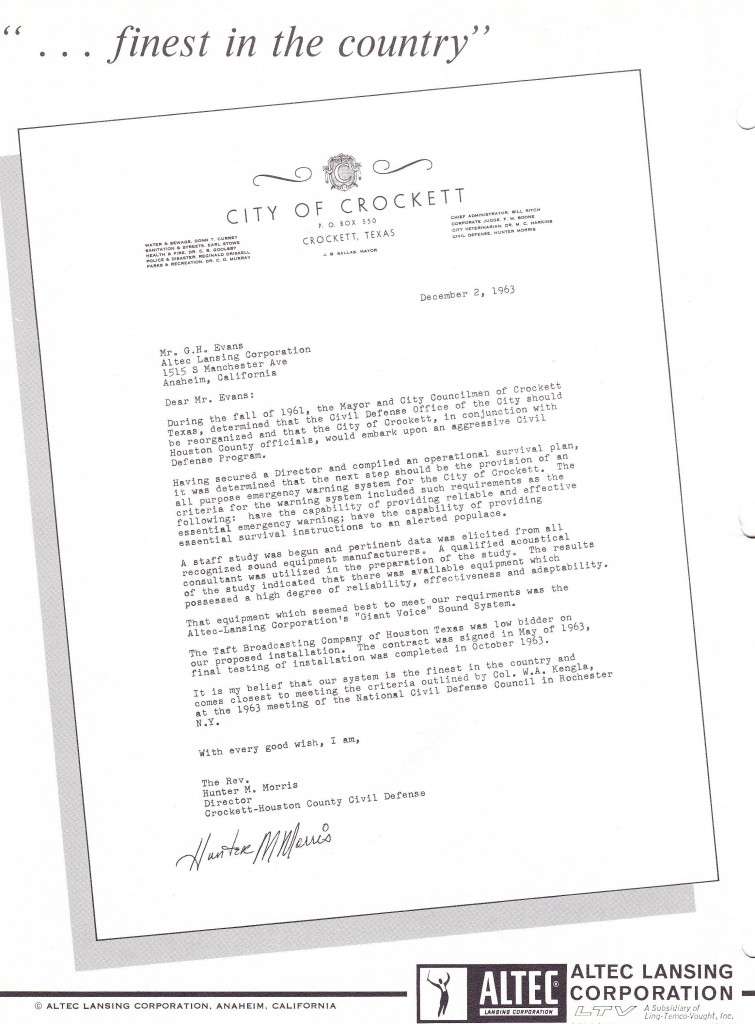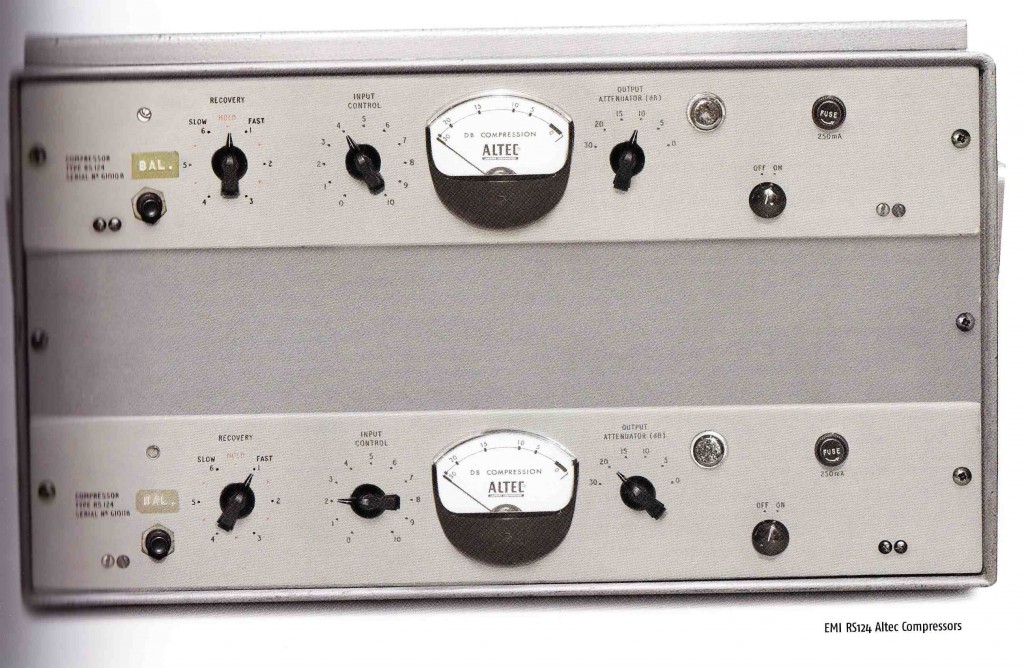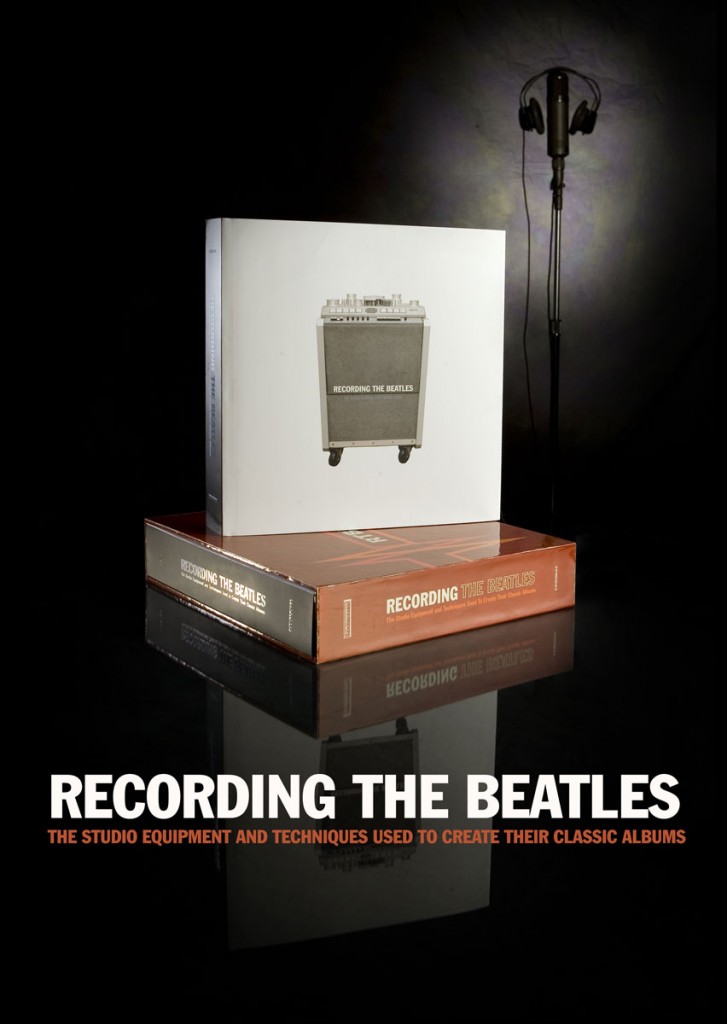A client recently asked me to service an antique piece of audio equipment: an Altec 438A. This device belongs to the category of audio equipment called ‘compressors.’ Compressors are devices that even-out the variation in level (IE quiet vs loud) in an audio signal. The applications of compressors are great and varied, and the use of compressors in music recording/mixing work is really an art. Antique or ‘vintage’ compressors are some of the most fetishized devices in the pro-audio world.
Anyhow, my client wanted his Altec 438A modified so that it would be more useful for modern rock music recording techniques. I won’t go into the details, but i performed the operation and he was very pleased with the results. The Altec 438 (and its close cousin the 436) is just not practical for use in modern recording situations primarily because it was not really intended for use in a recording studio. It was intended for use in industrial paging systems (e.g., “cleanup in aisle 9. Cleanup in aisle 9…”) and civil defense warning systems, among other things. That’s right. The compressor that was used to get your ‘sikk’ drum sound might have been part of cold-war era military preparedness. And the story of how these Altecs ended up in the racks of so many high-end modern recording studios (and, therefore, on so many modern records) is just as odd and specific.
Don’t get me wrong- Altec did make plenty of equipment designed for recording studios in the 50s and 60s, and I am sure that 438s were used in some studios back then.
But there weren’t all that many studios around in those days. Certainly not enough to create the 1000s of old Altec comps that fill studios nowadays.
Altec specified the 436 Compressor as part of several of their industrial and civil audio systems, the most evocative of which is Project Giant Voice. Giant Voice dates to circa 1960.
Giant Voice is just that- a giant PA system designed to carry the voice of the Mayor or Nation Guardsman all over town. Literally All-Over-Town.
Nothing like a little mass instruction to keep the kids duck-n-coverin’.
Crockett Texas apparently held a meeting of the Town Elders in the fall of 1961 which led to their purchase of an Altec ‘Giant Voice’ system.
Considering that these Town Elders had just lived through the Bay Of Pigs invasion and the start of the Berlin wall, you can’t really fault them.
I wonder where Crockett’s two Altec compressors ended up?
One thing is for sure – Crockett’s compressors were not in England in the early 1960s. But a few of their brethren were. It turns out that EMI Records technical staff went to the United States in the late 50s and purchased a few Altec 436/438s. The staff heavily modified these units (as I recently modified my client’s 438) in order to create something that they called the RS124.
(image scanned from “Recording The Beatles,” Kehew & Ryan).
EMI was the Beatles record label at the time, and guess what… it is the sound of these modified Altec compressors that helped to shape some of the most successful and influential rock music recordings of all time.
Authors Kevin Ryan and Brian Kehew published a book in 2006 called ‘Recording the Beatles.’ ‘Book’ is perhaps a bit of an understatement. This thing is a Tome. It is awesome.
I highly recommend it to anyone who is at all interested in record production or the Beatles. Anyhow, this book, and the hype surrounding this book on the forums, helped to really inform everyone-who-cares that these old Altecs can have great application in the modern recording studio. Prices on these used units have drastically shot up, from around $250 in 2005 to as much as $1500 at high-end dealers today.
So: what began life as a humble product created for use in industrial plants and civil defense was secretly hijacked by the British, transformed, and then re-sold back to us decades later as a cult item and now used as a fine craftsman’s tool.
Are there any industrial audio devices from the 1990s/2000s that have begun to migrate into the studio?
Has anyone ever purchased a defunct Giant Voice system at auction?
